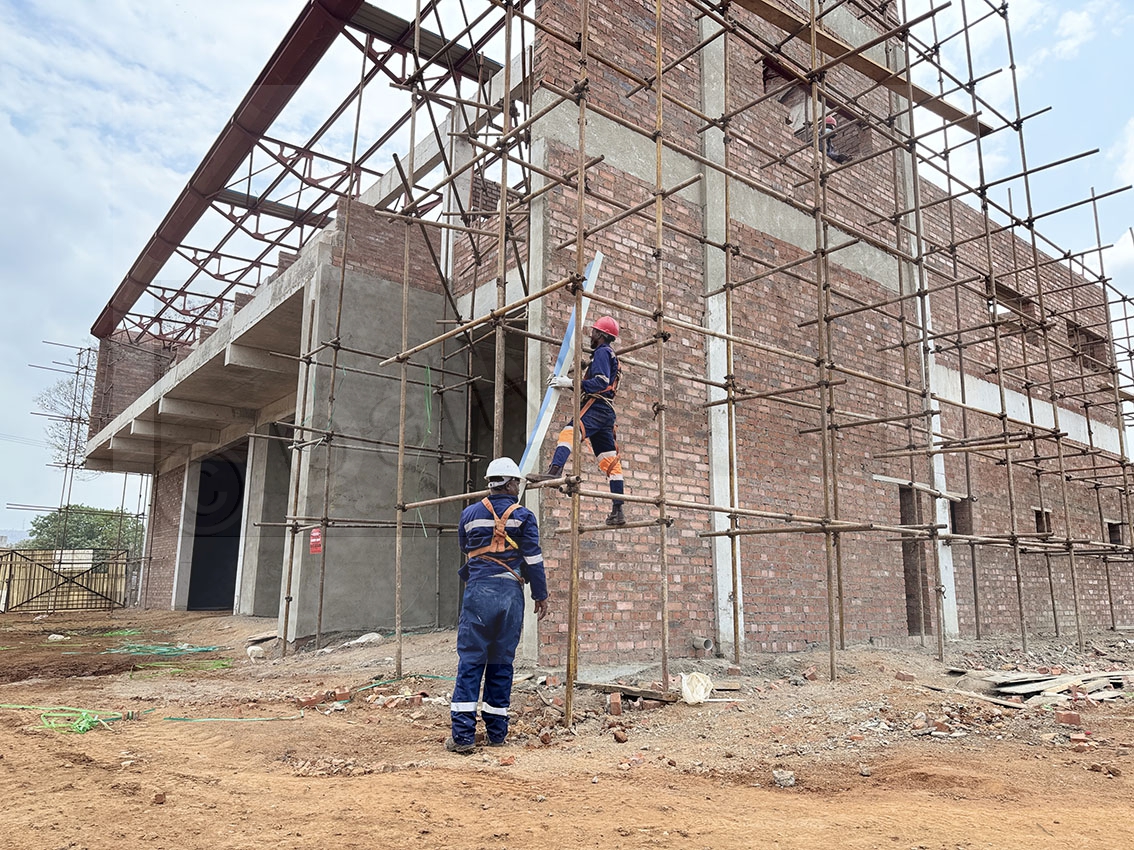Mobile quarantine to benefit Habu farmers
06 Nov 2022
Residents of Habu in Ngamiland have been urged to utilise a mobile quarantine to protect their livestock from predators.
The introduction of a mobile quarantine is part of the communal herd project being implemented by Wild Entrust Africa (WEA) in collaboration with Habu Development Trust.
It is designed to integrate wildlife conservation with livestock farming.
The project also supports livestock owning communities to manage their rangelands, water sources and livestock in ways that reduce climate risks while also addressing threats such as predation, disease transmission, land degradation and trade barriers.
WEA project coordinator, Mr Tiego Mpho, expressed a concern in an interview that since the introduction of the mobile quarantine, they had experienced a delay to receive animals despite their efforts to appraise the community on the benefits of the project.The mobile quarantine, he said, had been approved by the department of veterinary and they targeted 10 000 animals in an effort to help farmers access beef markets, but farmers were not forth coming.
Habu, he said, had been divided into five clusters and the expectation was that each cluster would bring at least 300 animals, but that was not the case as farmers only brought animals they intended selling.Through the project, Mr Mpho said, they had developed a grazing plan for clusters, hired eco-rangers within the community to look after the animals 24/7, adding that the eco-rangers had also been trained to address multiple risks and set farmers up to benefit from the new and existing trade opportunities.
“Despite our efforts to educate and create awareness about the project, it is disturbing as farmers are still dragging their feet to utilise the mobile quarantine.
They only bring animals they intend to sell and this frustrates our efforts to reach our target and outcome,” he added.
Mr Mpho said some farmers believed in personally taking care of their animals, but emphasised that the project did not limit access to their animals as the only difference was that they would be herded by eco-rangers.
However, he appealed to farmers to change their mind-set and appreciate the importance and the benefits offered by the project.
The project, he said, offered a lot of benefits as it accorded farmers time to carry out other domestic errands knowing that their animals were in custody of the eco-rangers.
Residents, he said, could also spend more time with their families, care for the children rather than staying at the cattle-posts or farms looking after livestock.
Mr Mpho also noted that the project aimed to augment the Community Based Natural Resource Management (CBNRM) programme as it would come up with conservation agreements.
CBNRM has been ongoing for years and it is aimed at achieving biodiversity conservation and rural development especially improved rural livelihoods.
It promotes conservation through the sustainable use of natural resources, enables the communities to generate income that can be used for rural development.
Since the recruitment of eco-rangers and scouts in the area, Mr Mpho noted that poaching had declined. ENDS
Source : BOPA
Author : Esther Mmolai
Location : MAUN
Event : Interview
Date : 06 Nov 2022





